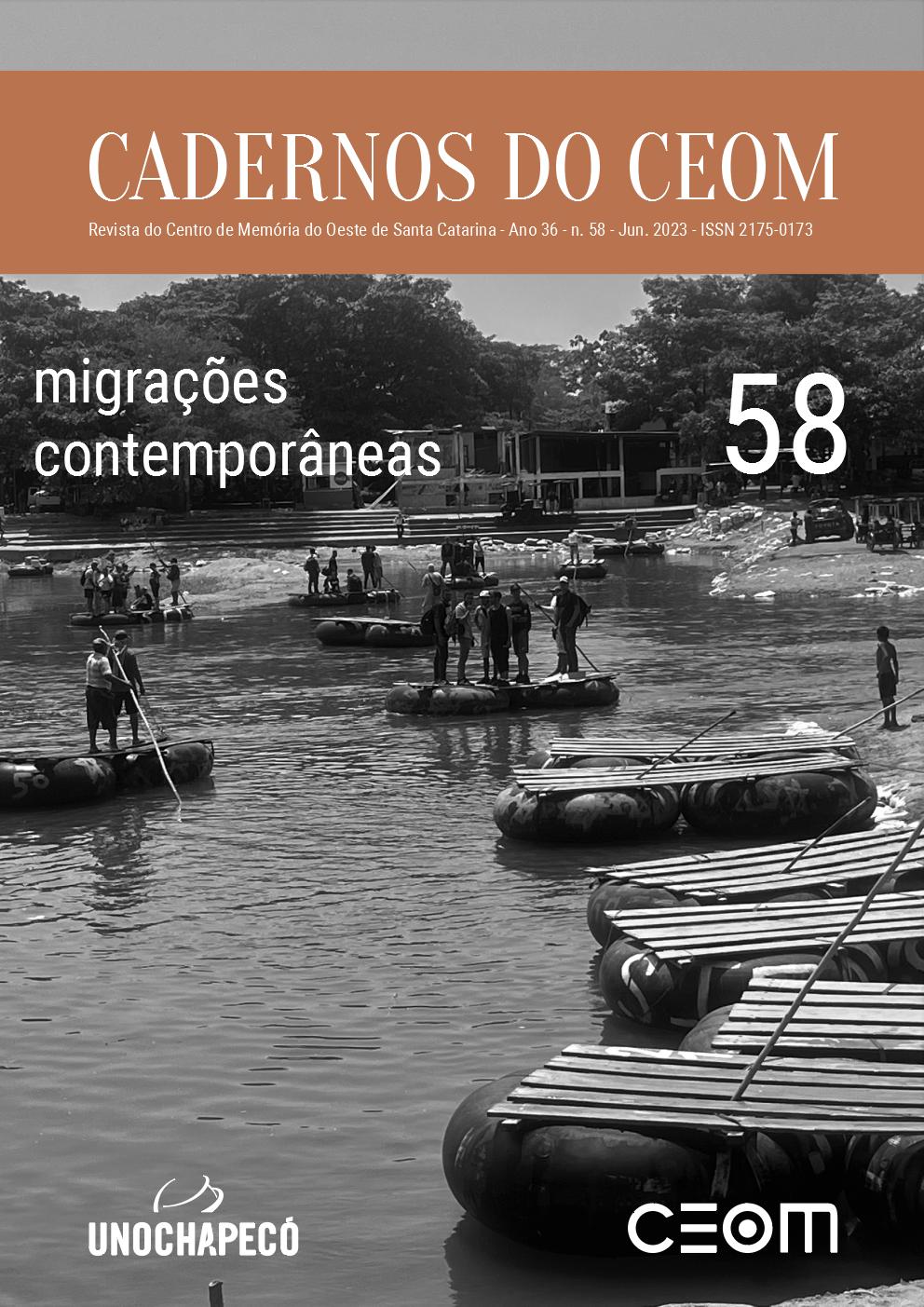Administrative records and international estimates for international migration analysis
considerations from Bengali migration in South America
DOI:
https://doi.org/10.22562/2023.58.01Palabras clave:
Administrative records, International estimates, South AmericaResumen
This paper addresses the challenges of analyzing contemporary international migration, in the context of South American countries, using databases composed of international migration estimates, from 1990 to 2019, organized by the United Nations, and administrative records produced by the selected countries, between 2000 and 2019. The analysis is developed with reference to the Bengali migration to South America, considered as the expression of one of the trends of South-South migration, in the context of South America, characterized by migratory flows with no historical tradition with the countries of the region. We take into account theories that consider the complexity of contemporary international migrations and their specificities in regional and border contexts. In this study, we organize and discuss United Nations estimates and registration systems for migrants and border movements in South American countries. Our objective is to develop the debate on contemporary international migration, based on the analysis of the data sources available to capture migratory phenomena in the regional context. With this, we seek to contribute to the deepening of studies on south-south international migration in South American countries, considering the complexities of such migratory processes in supranational and border areas.
Descargas
Descargas
Publicado
Número
Sección
Licencia

Esta obra está bajo una licencia internacional Creative Commons Atribución-NoComercial 4.0.
Estou ciente de que, em sendo aprovado, a publicação do artigo será no formato on-line no Portal de Periódicos da Unochapecó.
Os autores detém os direitos autorais sem restrições, devendo informar, em nota, a publicação inicial nesta revista, em caso de nova publicação de algum trabalho.











